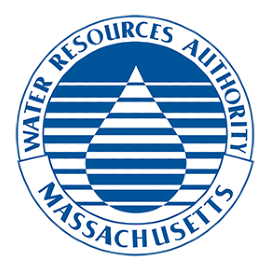“As a public agency tasked with providing water and wastewater services, Environmental Justice is a foundational value that drives MWRA’s efforts to inclusively and equitably promote public and environmental health across the communities we serve. This is reflected by our commitment to ensuring access to safe drinking water, revitalizing Boston Harbor, and working to alleviate combined sewer overflows. MWRA continually strives to ensure environmental justice principles are incorporated into all projects, operations, policies and practices. We are also passionate about developing and retaining a high-performance workforce that reflects our service area and underscores our core principles of diversity, equity and inclusion.” – Fred Laskey, MWRA Executive Director |
What is Environmental Justice?
Environmental Justice (EJ) is based on the principle that all people have the right to be protected from environmental hazards and to live in and enjoy a clean and healthful environment. EJ is the equal protection and meaningful involvement of all people with respect to the development, implementation and enforcement of environmental laws, regulations and policies and the equitable distribution of Environmental benefits.
Environmental Justice Populations are those segments of the population that The Massachusetts Executive Office of Energy and Environmental Affairs (EEA) has determined to be most at risk of being unaware of or unable to participate in environmental decision-making or to gain access to state environmental resource, or are especially vulnerable. EEA defines Environmental Justice Populations as neighborhoods that meet one or more of the following criteria (based on Census and American Community Survey data):
- the annual median household income is not more than 65% of the statewide annual median household income;
- minorities comprise 40% or more of the population;
- 25% or more of households lack English language proficiency; or
- minorities comprise 25% or more of the population and the annual median household income of the municipality in which the neighborhood is located does not exceed 150 percent of the statewide annual median household income.
MWRA's Commitment to Environmental Justice
MWRA is committed to ensuring inclusive and equitable communication, access, and involvement with all members of the communities we serve. MWRA is working to incorporate EJ principles across MWRA’s programs, policies and activities. This work relates to all aspects of MWRA’s mission including construction projects, system operations, public and community relations, grant opportunities, employee training, hiring practices, procurement and much more.
Approximately 60% of residents in MWRA’s service area live in Environmental Justice populations as defined and identified by EEA. MWRA strives to maintain and improve the water and wastewater systems in an environmentally conscious and compliant manner, equitably for all customers.

